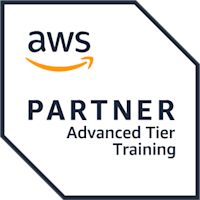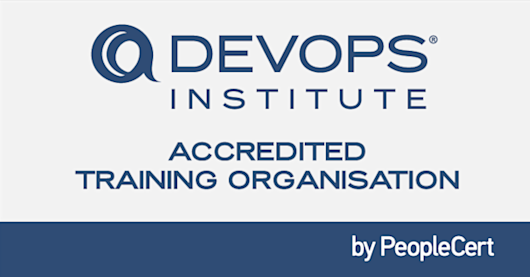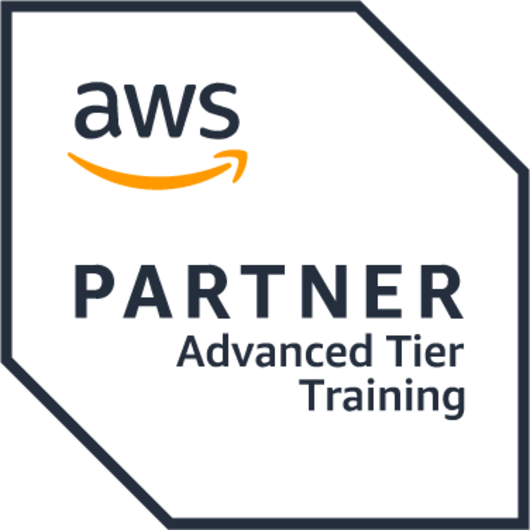Develop and Evolve Your AI Skills
Lumify Work offers an extensive portfolio of Artificial Intelligence (AI) and Machine Learning (ML) training courses featuring authorised content from leading providers such as Microsoft, AWS, AI CERTs, Red Hat, and more. To meet the growing demand for these skills, our AI and ML training courses are designed to equip learners with the knowledge and abilities to fully harness the potential of Artificial Intelligence and Machine Learning.
Learners can select courses by job role or vendor, ensuring that organisations receive targeted training to achieve their AI goals securely and with minimal risk. Whether you're looking to upskill your team, advance your own capabilities, or arrange customised private training for your organisation, Lumify Work is here to support you.



















